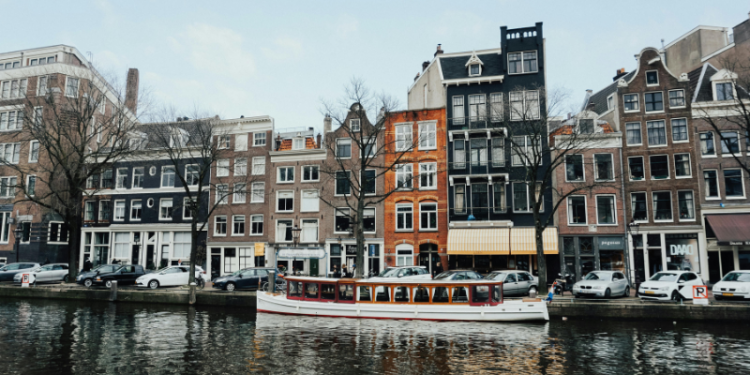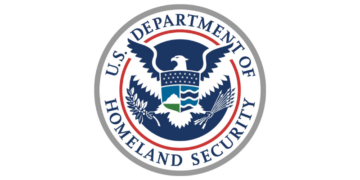On Thursday, January 2nd, Dutch authorities published the names of approximately 425,000 individuals investigated for collaborating with Nazi Germany during World War II. This digital release, titled “War in Court,” follows the expiration of a law restricting public access to these records, which expired on New Year’s Day. The project, involving 32 million archived pages, reveals details of investigations conducted under the Netherlands’ Special Jurisdiction system established in 1944.
Only 20% of the individuals listed faced legal proceedings, often for minor offenses such as membership in the Dutch National Socialist Party (NSB). The archive includes war criminals, members of the German armed forces, and alleged collaborators. However, it also features names of people later found innocent. To address privacy concerns, the database contains only names and birth information, with detailed files accessible only at the National Archives in The Hague.
Historians and descendants can request access to these files for research purposes. The Dutch Data Protection Authority prompted a delay in the full publication of individual dossiers to balance public transparency with privacy concerns. Tom de Smet, director of the National Archives, emphasized the importance of addressing the ongoing trauma of wartime collaboration while ensuring the sensitive handling of personal data.
The release has sparked varied reactions. Advocates, including the Huygens Institute, argue that the records provide valuable insight into a complex historical period and help descendants uncover familial history. Critics warn of potential negative repercussions, including stigmatization of families. Culture Minister Eppo Bruins highlighted the initiative’s role in fostering national reflection and addressing historical taboos.
Collaboration with Nazi Germany remains a sensitive subject in Dutch society. Many families avoid discussing their ties to wartime events. The initiative aims to break this silence and facilitate collective understanding. Bruins has proposed legislative changes to expand public access to historical archives while safeguarding sensitive information.
This digital archive is a step toward transparency, aiming to illuminate the past while acknowledging its emotional and societal complexities. By striking a balance between openness and responsibility, the Netherlands seeks to process and reconcile its shared history.










